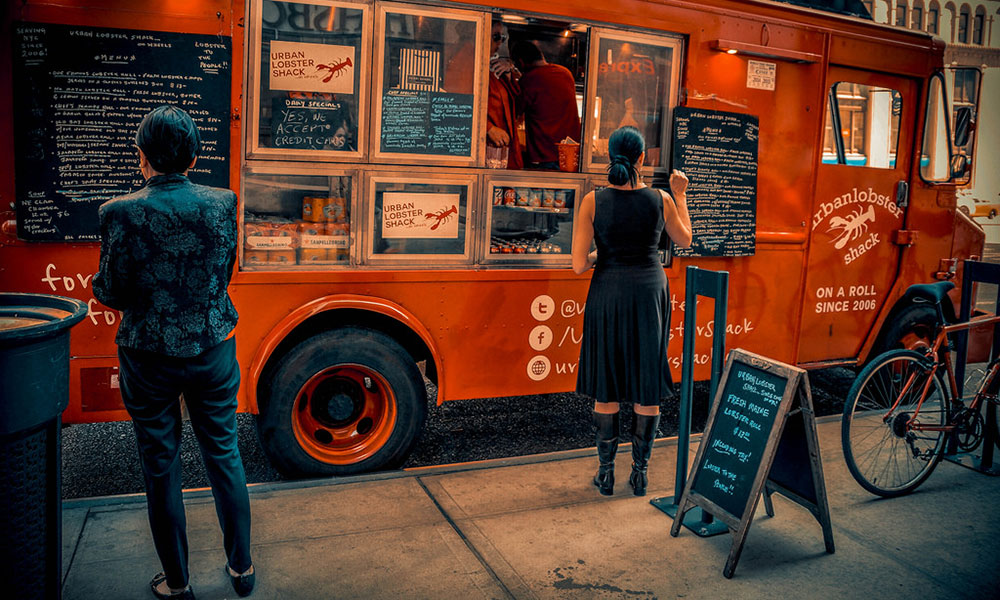
Food Trucks Go National: Regional Groups Join Under Single Umbrella
With regional food truck groups popping up almost as quickly as the trucks themselves, the new National Food Truck Association hopes to get them working in unison. While the group is off to a quick start, questions remain about whether it's making room for everyone.
The rise of the food truck has spawned many regional efforts to organize around common regulatory concerns. But these groups are ready to kick things up a notch—like adding a dash of Sriracha sauce—by coming together.
Last month, the National Food Truck Association opened its doors. NFTA is an offshoot of the SoCal Mobile Food Vendors Association (SoCalMFVA), the first group in the burgeoning field, and it hopes to unify the various regional food truck groups that have sprouted up across the country.
Matt Geller, who helped cofound both groups and serves as SoCalMFVA’s CEO, has been working this beat for a while, aiding the launch of new regional associations and helping them fight local regulations that could threaten the mobile restaurants’ business model. (For example, in Washington, DC, a local food truck group has battled restrictive zoning regulations.)
“Just like any business—forget that it’s food trucks—every business wants a regulatory environment that’s going to allow them to succeed or fail on merits,” Geller, also an NFTA board member, told Associations Now last year.
The Southern California group and 10 others have joined NFTA, which is already working to leverage the groups’ collective clout as part of a (RED) fundraising campaign supporting AIDS programs in Africa, which takes place June 1-10.
Questions Linger
Even though NFTA is just starting to rev its engine, the association has drawn some controversy due to Geller’s ties to the Institute for Justice, a nonprofit law firm affiliated with the Libertarian political movement, according to The New York Times. The firm, whose unfettered-free-market views align with those of the food truck groups, has assisted Geller with strategy in legal challenges targeting city regulations.
Other concerns have arisen over how inclusive the national group is—whether it’s overlooking trucks run by immigrants in favor of those serving trendy, artisanal foods and whether it’s wrong to exclude for-profit players such as Off the Grid, a company that runs numerous food trucks in the San Francisco region, according to the Times report.
But Geller remains optimistic that NFTA can have a big impact—as long as the national association strikes while the grill’s hot.
“Food trucks don’t realize how much power they have,” he told the Times. “You need to use that power right away, while the trend is on the rise.”
(photo by Jeffrey Zeldman/Flickr)






Comments